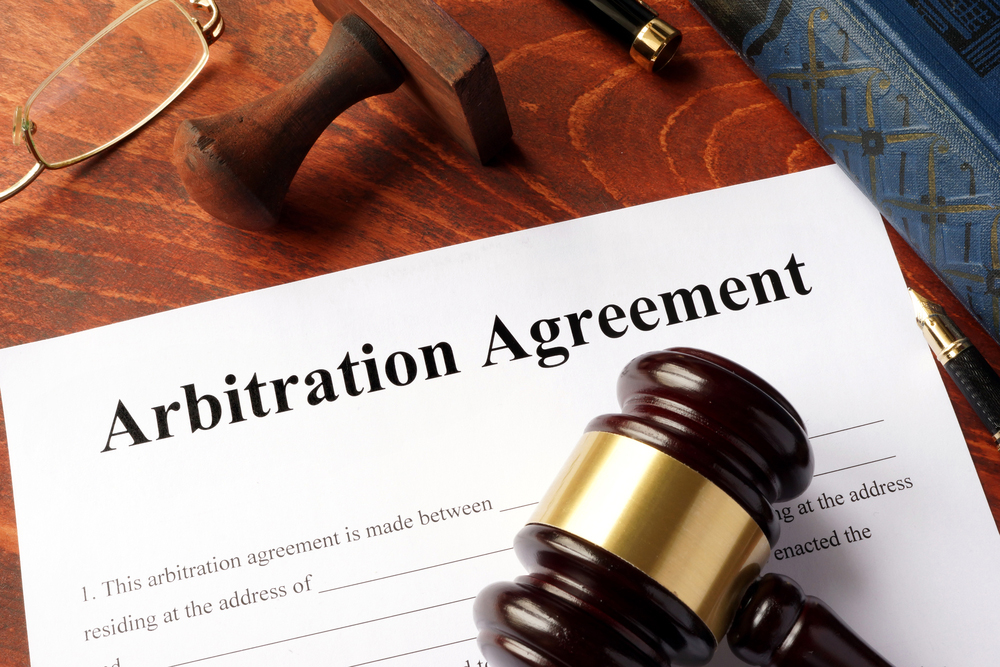 Alternative Dispute Resolution: Arbitration and Mediation
Alternative Dispute Resolution: Arbitration and Mediation
The courts of law have plenty of cases to deal with, where there is an increasing backlog with each passing day. There is a greater need now for alternative dispute resolution than before. In most countries, this approach is seen as the only way to streamline the operations of the judicial system, by getting the desired results, and clear the backlog in place.
Alternative dispute resolution is based on the principles of arbitration and mediation. In certain circles, you will hear of these two terms being referred to as meaning the same thing. But there are certain distinctions that exist between the two.
Arbitration deals with bringing the parties in a dispute before a certified arbitrator. The procedure is like that of a court, where the arbitrator listens to and factors in the evidence submitted by each party. They then deliberate on all they have heard and come up with a solution to the dispute. The decision of the arbitrator is normally binding. Therefore, after the arbitration stage, there is to be no more conflicts of misunderstandings over the matter.
Mediation is normally handled by a certified mediator. In mediation, it is not a simple matter of listening to the evidence produces by the parties involved and coming up with a solution. Mediation is focused on bringing the disputing parties together on settling on common ground and agree on things. Mediation, therefore, guides the parties to an agreement, as is the intention of the mediator. There is no binding them to the agreement, but rather getting them to see reason in coming together.
We live at a time when it is a good idea to make sure contractual agreements are carried out with a step where they to go arbitration before they become legally binding. In case there are any disagreements and conflicts, they will first be ironed out before the contract goes to the next step. It will be much faster than taking it to the courts, where there is already a backlog that can only delay proceedings in the agreement.
You may also hear of certain courts out there that require any parties entangled in a dispute to go for mediation to resolve whatever disputes they have, instead of it going to a full-blown trial. Mediation is therefore seen in the practice in divorce cases, and such cases where family law is center stage, e it child custody cases, child support issues, and such.
In an arbitration case, whoever loses has to foot the fees that come with the process. As for mediation, the parties involved usually split those costs amongst themselves, unless there was another directive in place. Some situations dictate that there be some other form of payment plan in place.
An arbitrator and a mediator are specially trained professionals who are certified to hold those positions. They are legal professionals, as they both possess law degrees. Therefore, when you need to use arbitration or mediation services, you need to seek the intervention of the right professional. Check to see what certification they hold, their level of experience, and their specialization in your particular issue.
Recent Comments